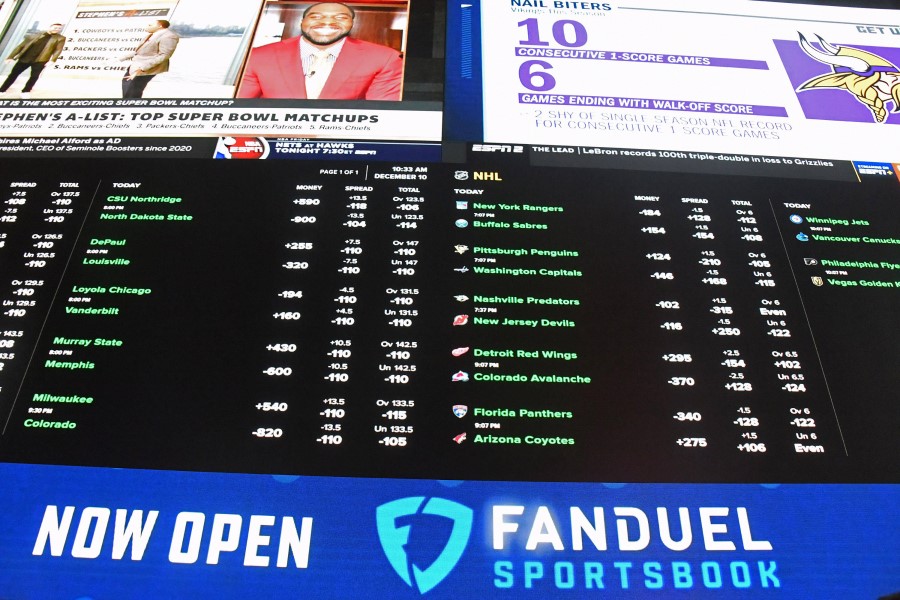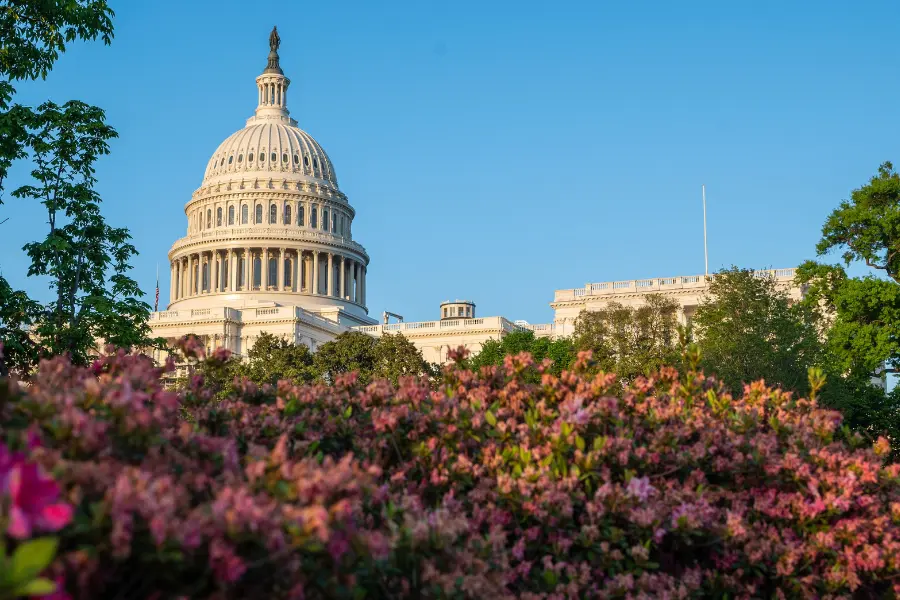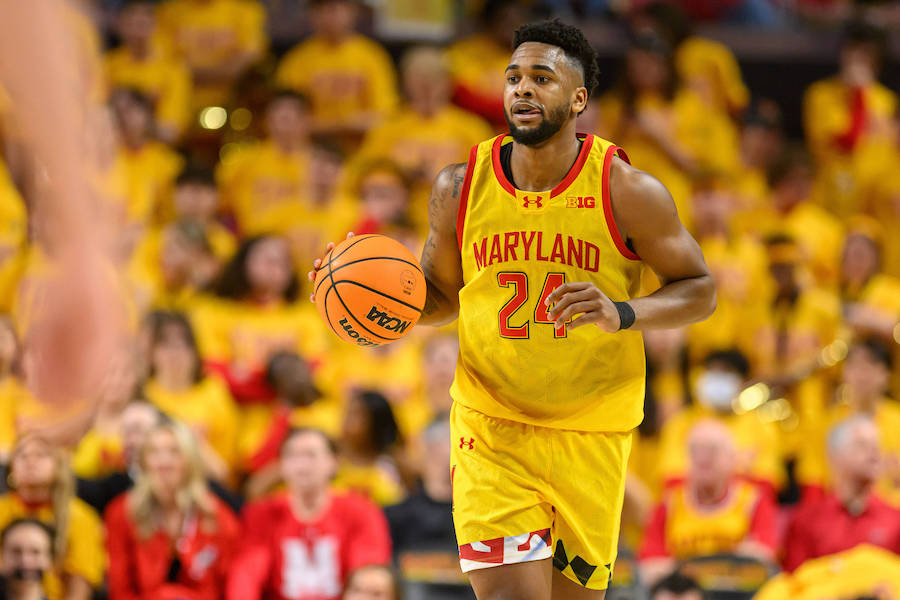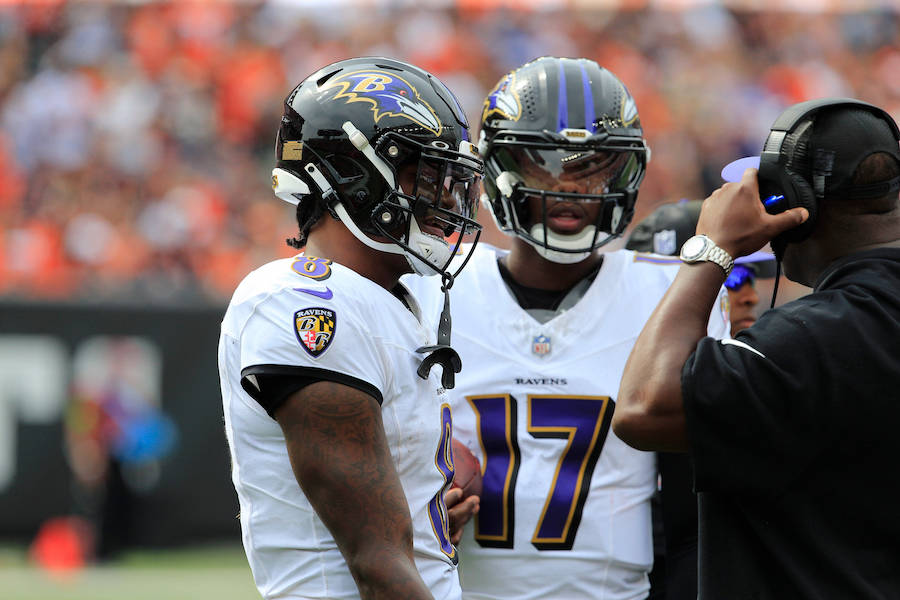But in the case of the legalization of sports betting in Maryland, results are far surpassing expectations.
John Martin, the director of the Maryland State Lottery & Gaming Control Agency, said recently that by the end of the state’s fiscal year on June 30, 2024, the projected tax dollars collected of $25 million to $30 million “may be closer to $40 [million] to $45 million.”
Martin made the comment while serving as a guest on a podcast that is hosted by Stan “The Fan” Charles, a longtime popular radio talk show host in Baltimore.
The first-year anniversary of Maryland’s legal sports betting recently passed, and Martin said that regulators looked at mid-2023 to mid-2024 as a time when the market might be “fully operational.”
“We’re close to that now,” Martin said, while adding that another five or six prospective sportsbook operators are “in the pipeline” of the regulatory process – and some or all could be launched in the coming months.
In November, Maryland’s 13 retail and 12 mobile sportsbooks took in a state-record betting handle of $551.7 million, far outpacing the previous record of $497.1 million that was bet in December of 2022.
“People love to bet on football, and that is certainly reflected in the handle this time of year,” Martin said in a statement. “The Ravens’ success and college football are contributing factors, and there was a convergence of the seasons in October, with the baseball playoffs and World Series and the start of hockey and basketball.”
The state’s tax collection for November, however, was $3.2 million – compared to a record $5.8 million in taxes received in October on $483.1 million.
Why the discrepancy? In large part it is because while Maryland sportsbooks have maintained an overall “hold” of 10% of all wagers for the calendar year, gamblers lost a mere 7.9% in November.
Each sportsbook contributes 15% of its taxable win to the Blueprint for Maryland’s Future Fund, which supports public education programs.
A Review of the Maryland Sports Betting Industry Landscape
Martin noted that he sees the sports betting industry marketplace as “maturing,” with some operators having a clear advantage while others are jockeying for position at the top of the next tier.
In November, the FanDuel Maryland mobile sportsbook – which is a partner to the Live! Casino and Hotel in Hanover – took in $241.7 million. With fellow daily fantasy sports industry giant DraftKings Maryland taking in another $165.9 million in wagers. The combination represented just over 76% of the total amount of money wagered in the state via mobile betting apps that month.
To Martin’s point about a “second tier” and “jockeying for position,” BetMGM won a four-way battle for third place with a betting handle of $36 million.
Right behind BetMGM at $33.3 million was the transitioning sportsbook partners for Hollywood Casino in Perryville – Barstool was in the midst of exiting the market in November, with ESPN Bet serving as its replacement.
Caesars accepted $25.5 million in bets, and newcomer Fanatics took in another $19.9 million.
Of the remaining six sportsbooks – headed by BetRivers at $5.2 million – three cleared the $1 million handle figure and three others did not.
For figures reported all of 2023, FanDuel also has a comfortable lead over DraftKings – and FanDuel projects to be Maryland’s only sportsbook to take in more than $1 billion in wagers over the full 12 months.
BetMGM also is third for the calendar year, but the arrival of ESPN Bet and its strong November performance suggests it will be a worthy rival in 2024.
Of the modest $17.4 million wagered at the state’s retail sportsbooks in November, MGM National Harbor in Oxon Hill led the way as usual, at $5.8 million. Live! Casino was runnerup at $4.1 million.
Other Comments From Maryland’s Chief Regulator
Charles, the podcaster, also asked Martin about the prospects for online casino gaming coming to Maryland.
Martin did not take a stand on whether adding such gambling – currently operating in six other states, including nearby Delaware, Pennsylvania, West Virginia, and New Jersey – would be wise.
Instead, he explained that he expects the Maryland General Assembly to take up the topic next spring, after a full review of a Nov. 15 report issued by The Innovation Group at the legislative body’s request.
The report’s authors concluded that little to no impact would be likely on the state’s lottery or the horse racing industry. At full maturity, according to the authors, the state’s casinos are projected to experience a $200 million decline in revenue while online casino revenues would reach $900 million.
If Maryland’s casinos receive a typical one-third of the online revenues, then there would be a net gain of $100 million from legalization of the so-called “iGaming.”
But both casino executives and lawmakers may focus more on the brick-and-mortar decline projections, particularly given that could mean a loss of a considerable number of jobs.
Martin said that a successful online casino legalization time line would include placing of a referendum on the statewide ballot in November of 2024, and approval by voters could lead to a launch in Maryland in the spring of 2025.
As for responsible gaming initiatives, Martin pointed to the employment of “six or seven” peer-to-peer counselors who formerly were addicted to sports betting or at least could be described as “problem gamblers.” That service is free to state residents.
Finally, Martin said that he is not surprised that after an opening year of a barrage of sports betting advertising, the volume of such ads has been dropping significantly now that market shares have been established. He added that Maryland’s betting law reduced the financial incentives to sportsbooks to advertise after the initial 12 months.







